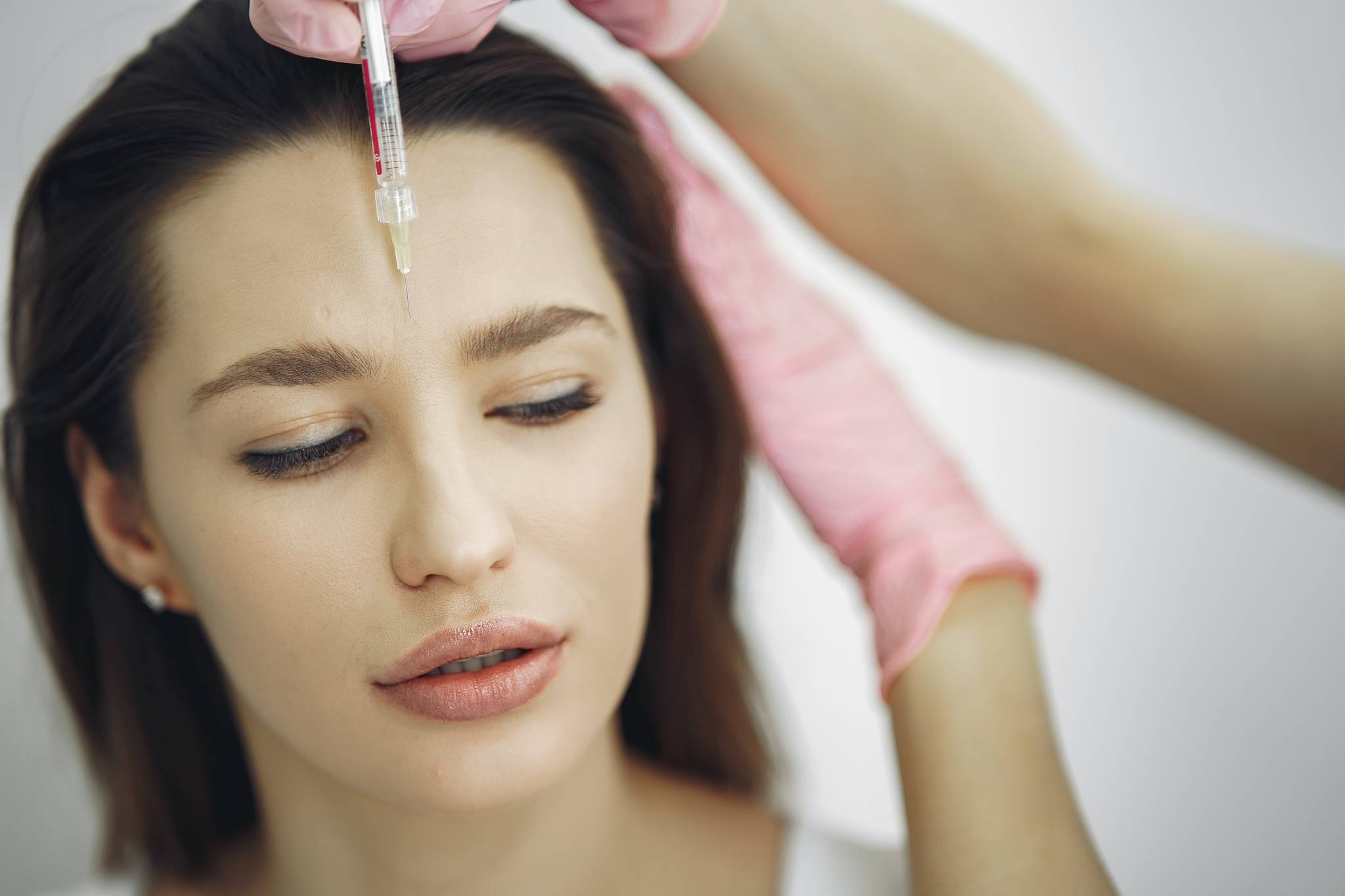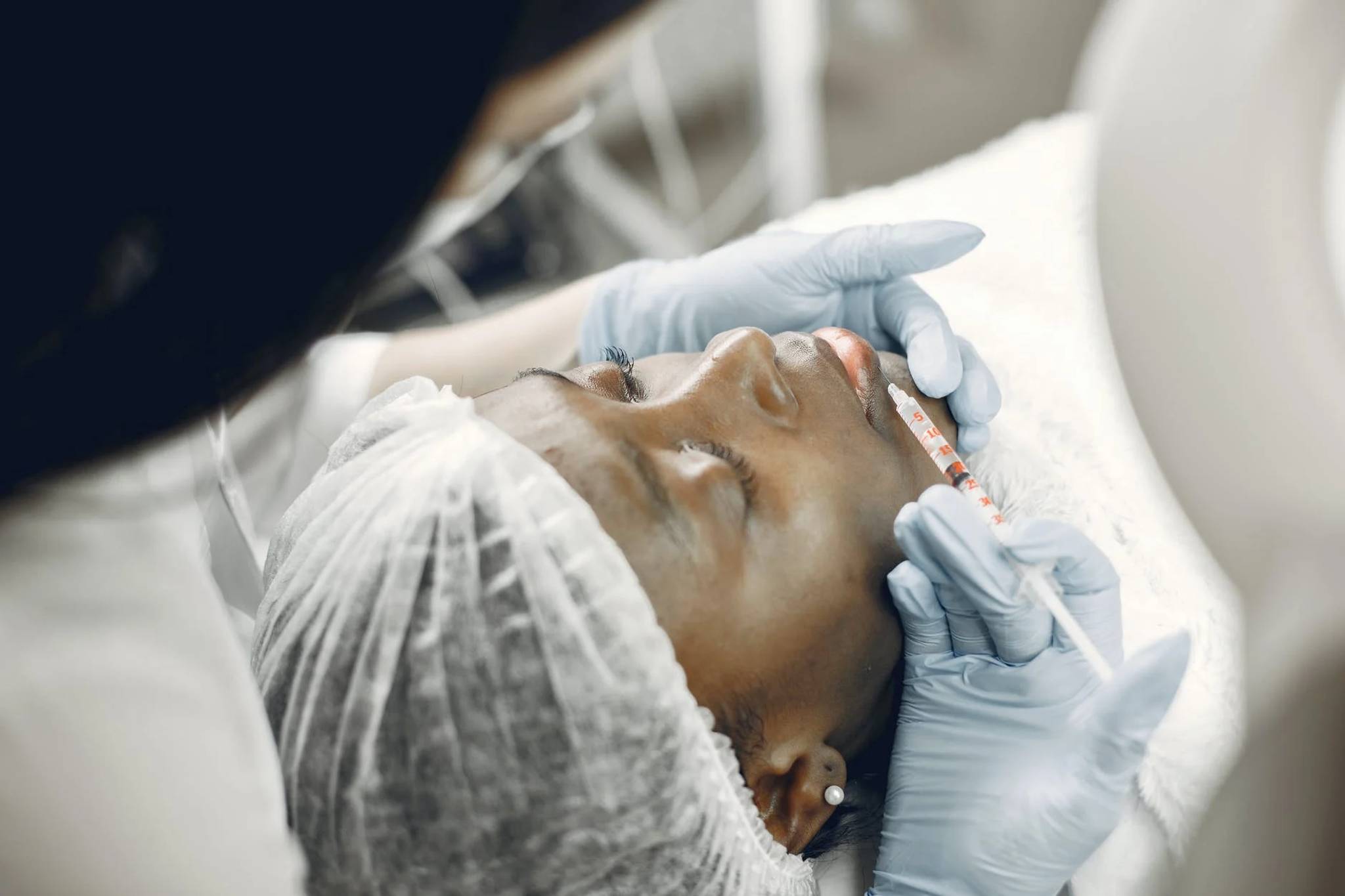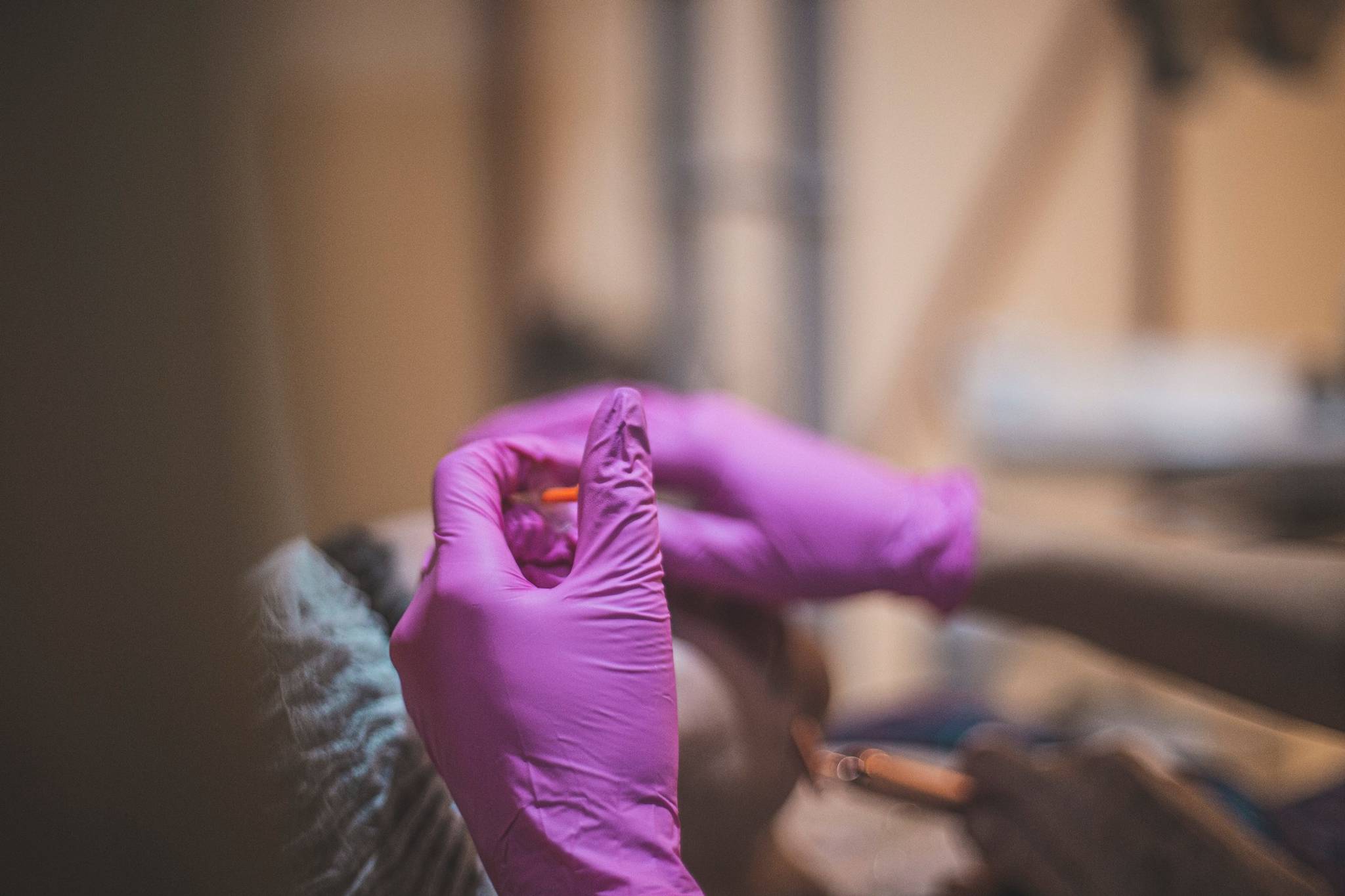
As the demand for ‘tweakments’ such as botox, anti-wrinkle injections and medical-grade facials persists, John Lewis has teamed up with the Cavendish Clinic in the UK to provide easy access to such services. In an industry that's relatively unregulated, can brands deliver the trust that consumers are after?
Non-invasive surgical procedures have become popular due to their perceived lack of risk in comparison to more intense and invasive procedures, with demand for aesthetic treatments soaring by 50% last year. But experts predict that two-thirds of people wishing to get treatments such as lip-fillers will not receive safe service, leading to cause for concern around safety measures in the industry.
As the impact of the pandemic saw many people switch to working from home, staring at ourselves on a screen day-in-day-out quickly became the new normal. Months spent on virtual video calls have led people to seek out injectable beauty treatments, with many dubbing this phenomenon ‘Zoom face’ - a result of people wanting to get treatments to feel better about themselves and their appearances as they reenter IRL situations once again.
The UK’s £3.6 billion-a-year cosmetic surgery industry suffered temporarily during lockdown closures, but its fast bouncing back as ‘tweakments’ are on the rise. As more and more people begin to regularly participate in procedures like Botox and dermal fillers, brands like Save Face are connecting people to government-approved non-surgical cosmetic practitioners they can trust.



